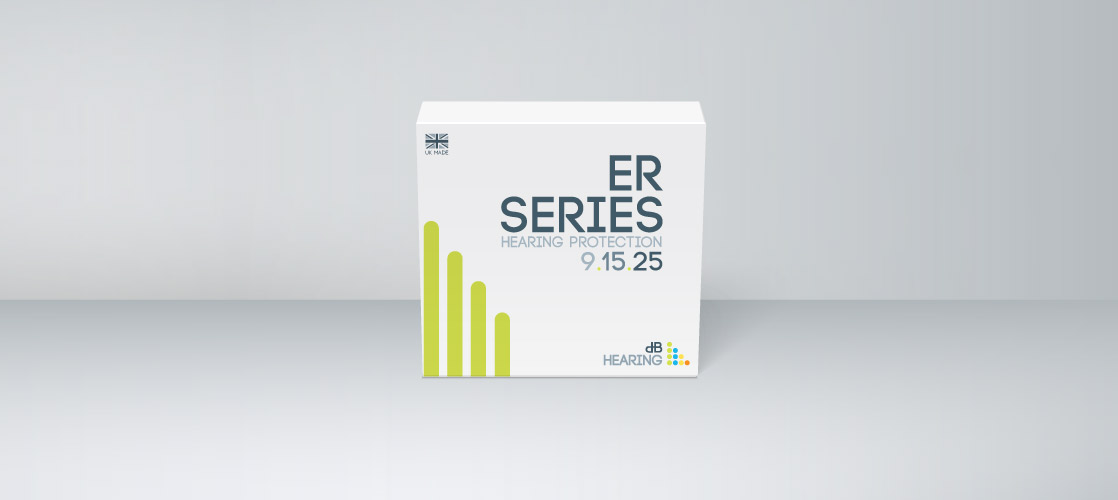The assumption for many, when they think of musicians and hearing loss, is that those most at risk are playing electric instruments in a band.
It is though, classical musicians who may be more at risk.
They have a higher rate of hearing loss than rock musicians because of their proximity to loud instruments. In fact, loud music from any part of an orchestra can be the cause of hearing loss.
Professional musicians see hearing loss as an occupational hazard, but must it be this way, or is there a means of offering hearing protection to classical musicians that will work for them?
At dB Hearing, we’ve developed our ER Series of custom earplugs to help musicians with this problem.
The Risk to Classical Musicians
One Finnish study of classical musicians found that 15% suffered permanent tinnitus, this was in comparison to 2% of the general population.
No only this, but a further 41% suffered temporary tinnitus, and 43% from hyperacusis – a reduced tolerance to specific sound levels.
The threat of hearing loss adds to the stress that many classical musicians already feel comes with the job.
Classical musicians may, typically, find themselves exposed to loud noise daily for five to six hours.
There is a wide range of instruments in an orchestra capable of generating decibel levels above the safe threshold:
- a flute can produce 95dB of noise;
- a French horn can reach 106dB;
- trumpets may exceed 114dB; and
- even a double bass may reach 83dB.
An orchestra is a noisy work environment, with all the risks to hearing that can entail.
Should Classical Musicians Use Hearing Protection?
Various instruments pose threats to hearing: the soaring fanfares of French horns may lead to hearing problems in up to a third of players; and for violinists, the closeness of the instrument to their ears makes them prone to hearing loss.
However, few classical musicians use hearing protection. Why is this?
Many find it hard to play while using hearing protection. They are so attuned to listening carefully to the music played around them, to which they contribute, that anything that alters the sound they hear feels disruptive.
While some may persist in thinking that the noise exposure they get is not sufficient to warrant protection, others simply find that using ear plugs reduces their perceived capability to hear sound properly.
Can Musicians Adapt?
The issue might be one of adapting to technological advances.
DB Hearing’s ER Series custom earplugs are designed to enhance while protecting hearing, through patented acoustical chambers.
The result is to reduce noise but not to restrict sound.
As such, musicians wearing the ER series will hear all the detail, but at a reduced volume, to protect their hearing from damage.
For many classical musicians, then, it becomes about adapting how they hear what they think of as natural sound, without it impairing performance.
For some, it may be a case of choosing a level at which they can comfortably accommodate noise filtering, even if this is below what is recommended.
But the price for failing to protect hearing is high, and potentially far greater in terms of damaging their playing ability.
“No musician wants to have to stop making music. We’re here to help make sure that they can continue to do so, safely, and with the same application of their skills and sense that they’re used to.”
Paul Thorpe, Laboratory Manager, dB Hearing
Contact Us
Protect your hearing while preserving the sound you’re listening to. Contact dB Hearing to find out more.



